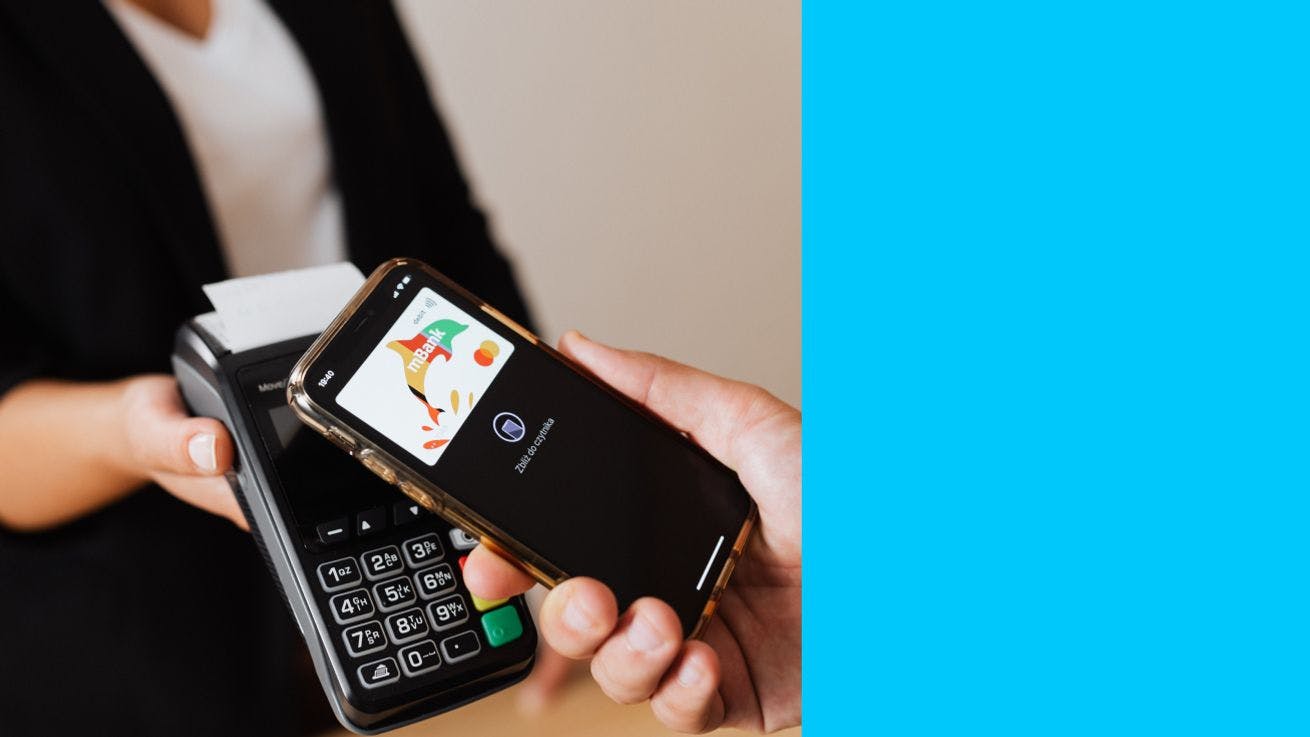A merchant wallet, often referred to as a digital wallet or e-wallet, is a digital container that allows users to store various payment methods, such as credit cards, debit cards, and even cryptocurrencies, in a secure virtual environment.
Much like a physical wallet, a merchant wallet offers the convenience of quick and seamless transactions. However, it’s different from a traditional wallet because it allows online and mobile payments. Now customers will have the ability to pay without the need to physically present a card or having to enter payment details for every purchase.
Accepting Merchant Wallet Payments
Accepting merchant wallet payments online has become increasingly vital for businesses seeking to provide a seamless payment experience to their customers, especially those using ecommerce merchant account services. To integrate merchant wallets into your online platform, follow these steps:
- Choose a Payment Gateway: Select a payment gateway that supports merchant wallet transactions. Popular choices include PayPal, Stripe, and Square. These gateways offer integration options that allow you to accept various merchant wallets.
- Enable Merchant Wallets: Within your chosen payment gateway, enable the merchant wallet options you wish to accept. This could include credit and debit cards, digital currencies, and other digital payment methods.
- Integrate API: Depending on your e-commerce platform, you might need to integrate the payment gateway's API (Application Programming Interface) into your website. This allows seamless communication between your website and the payment gateway, ensuring a smooth transaction process.
- Display Payment Options: Clearly display the accepted merchant wallets on your checkout page. Provide icons and labels for each wallet to inform customers of their choices.
- User-Friendly Experience: Ensure the payment process is user-friendly and intuitive. Customers should be able to select their preferred merchant wallet, enter any required information, and complete the transaction seamlessly.
Merchant Wallets In Payment Processing
As the digital transformation continues to reshape industries, merchant wallets are poised to play a central role in the evolution of payment systems. Here's why:
- Mobile-Friendly: With the increasing use of smartphones and mobile devices for transactions, merchant wallets offer a seamless and user-friendly solution for mobile payments.
- Contactless Transactions: In a world that values convenience and hygiene, contactless transactions facilitated by merchant wallets align perfectly with changing consumer preferences.
Merchant Wallets: Frequently Asked Questions
Are merchant wallets secure?
Yes, merchant wallets prioritize security by employing robust encryption and authentication measures to safeguard users' payment information.
Can I use a merchant wallet for online and in-store purchases?
Absolutely. Merchant wallets are versatile, allowing users to make both online and in-store payments, depending on the merchant's compatibility.

Advantages of Merchant Wallets
- Streamlined Transactions: Merchant wallets streamline the checkout process by storing payment information, eliminating the need for customers to manually input details for every purchase.
- Enhanced Security: With advanced encryption and authentication methods, merchant wallets provide a higher level of security compared to traditional payment methods, reducing the risk of card information theft.
- Multiple Payment Options: Merchant wallets often support various payment methods, from credit and debit cards to digital currencies, offering users flexibility in how they make payments.
Offering New Ways To Pay
As the technological landscape continues to evolve, the role of merchant wallets in shaping the future of transactions cannot be underestimated.
From streamlined online payments to contactless in-store transactions, the merchant wallet brings a new level of convenience and security to the world of commerce, paving the way for a seamless and exciting digital economy, particularly benefiting high risk merchant accounts.






